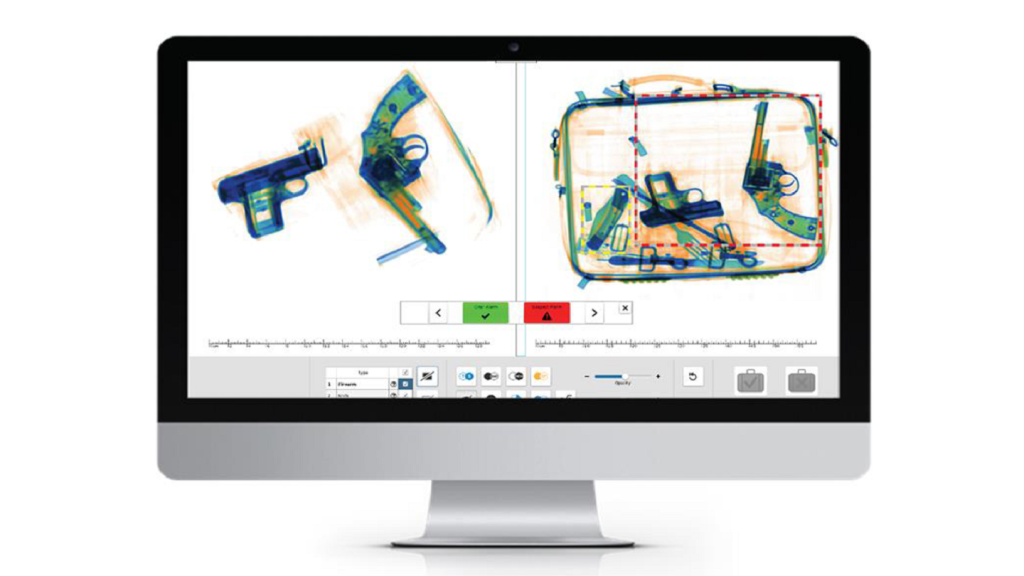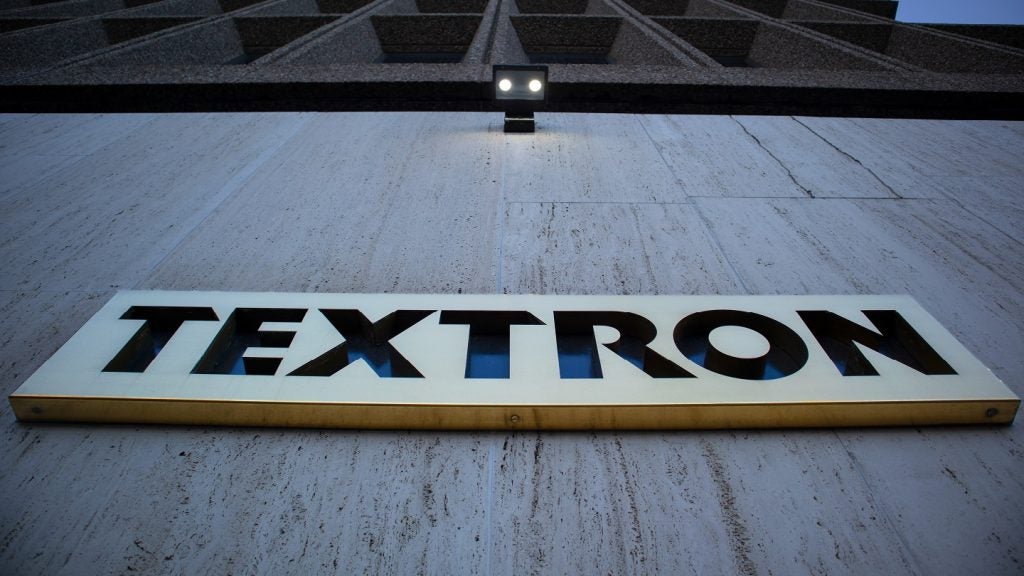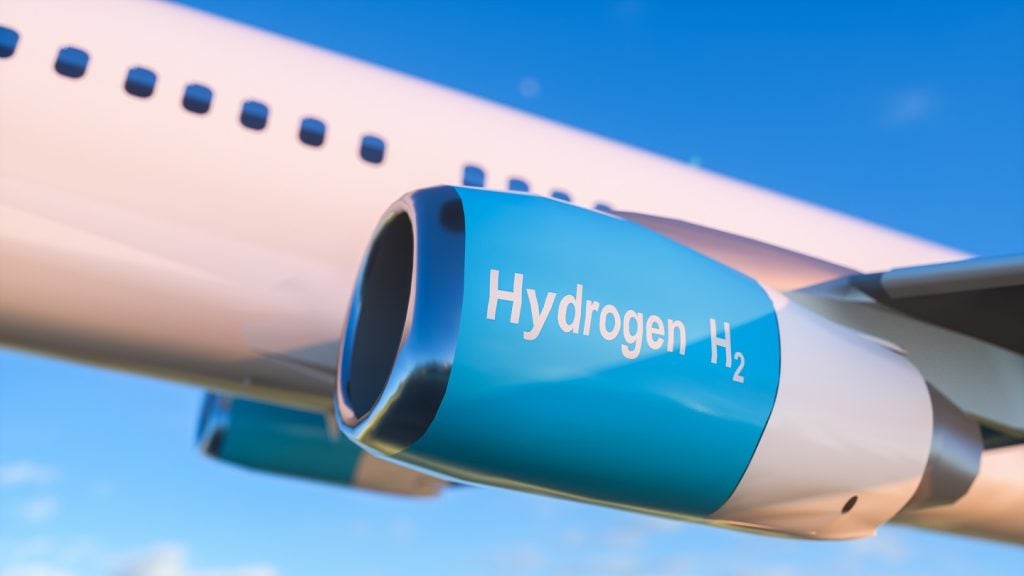The airline industry is at the mercy of mother nature as climate change begins to rear its ugly head, causing significant headaches. Last month, more than 300 flights were delayed, and eight flights were cancelled at Denver International Airport due to heavy smoke from extensive wildfires in Oregon, California, and Idaho. In early August, American Airlines cancelled 350 flights at Fort Worth Airport in Texas due to storms.
Climate change is also putting coastal airports at risk. San Francisco Airport plans to spend $587m on a shoreline protection wall around the entire perimeter of the airport to protect the airport from rising sea levels. As the frequency of climate-related extreme weather events increases, airlines should brace themselves for further disruptions and infrastructure damage and make plans to adapt to these future possibilities.
Airlines are coming under fire
Investors are beginning to crack down on airlines’ lobbying activities. In June of this year, the majority of Delta Air Line Inc’s shareholders voted in favour of making the airline disclose its climate lobbying activities.
According to the think tank InfluenceMap, several airlines, Air France-KLM, IAG, Lufthansa, and Ryanair, have pursued lobbying initiatives to oppose stricter European Union (EU) environmental regulations while simultaneously employing climate-related PR and ad campaigns. Blatant greenwashing. The policies that these companies oppose include the full inclusion of aviation in the EU Emissions Trading System, kerosene fuel taxes, and ticket taxes on flights.
The sector is under considerable pressure to address rising carbon emissions. In 2020 aviation accounted for 2.5% of all human-induced (CO₂) emissions. Environmental campaigners have urged airlines to reduce emissions from flights rather than relying on carbon offsets – the preferred method for airlines.
Both European and US airlines have publicly committed to reaching net-zero emissions by 2050. However, these commitments are significantly undermined by the lobbying activities by companies in the sector.
How well do you really know your competitors?
Access the most comprehensive Company Profiles on the market, powered by GlobalData. Save hours of research. Gain competitive edge.

Thank you!
Your download email will arrive shortly
Not ready to buy yet? Download a free sample
We are confident about the unique quality of our Company Profiles. However, we want you to make the most beneficial decision for your business, so we offer a free sample that you can download by submitting the below form
By GlobalDataAirlines will be relying on the expansion of Sustainable Aviation Fuel (SAF), which advocates say can reduce GHG emissions by up to 75% relative to conventional jet fuel. Derived from renewable feedstock, SAF is one of the most viable short-term options to reduce the industry’s carbon footprint significantly. However, reaching the SAF goal will require an 84% annual average increase in SAF production through 2030.
Airlines are taking action, United has partnered with Fulcrum BioEnergy to develop sustainable aviation fuel refineries located near US hubs. These refineries will produce nearly one billion gallons of sustainable aviation fuel for United in their first 10 years of operation. JetBlue recently announced its aim to source 10% of its total jet fuel from SAF by 2030.
Electric air travel is yet to take off
Airline operators are also exploring the possibility of electric air travel. For instance, JetBlue and Boeing have invested in electric plane startup Zunum Aero. In May 2021, Amazon announced that, via its Climate Pledge Fund, it had invested in BETA Technologies, which is developing an electric vertical take-off and landing (eVTOL) aircraft capable of carrying three cargo pallets or up to six people with zero operational emissions.
While electric aircraft could solve carbon emissions and noise pollution issues, technology constraints remain the most significant barrier to widespread adoption.









Related Company Profiles
Amazon.com Inc
The Boeing Co
Air France-KLM SA
Ryanair Holdings Plc